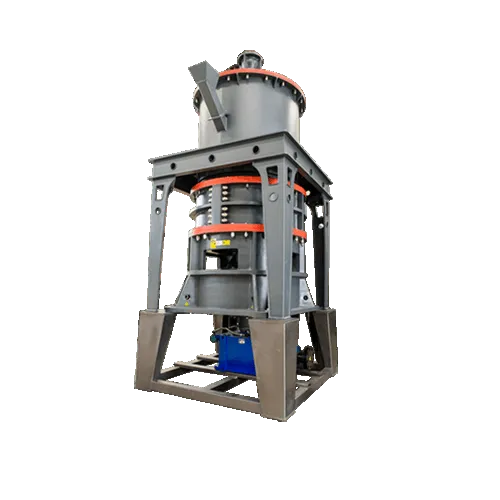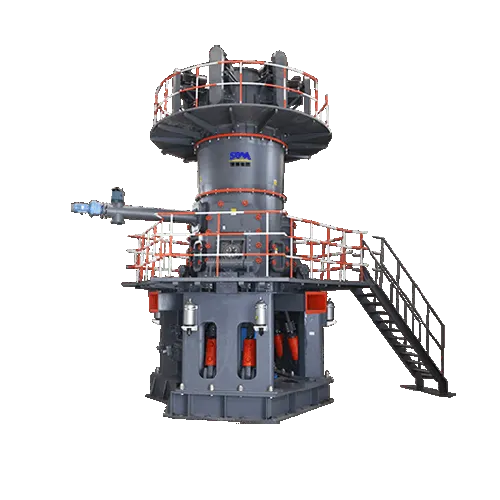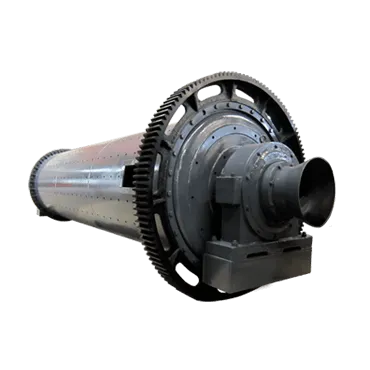Summary:Thermal insulation materials are involved in industrial facilities and civil buildings. Non-metallic minerals (substances) or mineral materials with thermal ins
Thermal insulation materials are involved in industrial facilities and civil buildings. Non-metallic minerals (substances) or mineral materials with thermal insulation properties are a kind of important inorganic thermal insulation materials, which can be widely used for thermal insulation of industrial facilities and civil buildings to achieve the purpose of energy conservation and consumption reduction and carbon reduction.
Many non-metallic minerals (materials) have excellent thermal insulation properties in themselves or after processing, and can be used as thermal insulation materials. Such as pumice (stone), porous basalt, diatomite, etc., which are light porous or honeycomb rocks, can be directly used as building wall insulation materials, etc; Also, fibrous minerals such as chrysotile asbestos, sepiolite fiber and palygorskite fiber can be directly used as thermal insulation materials for industrial facilities and building walls; Industrial vermiculite, perlite, shale, etc. can be prepared into expanded vermiculite, expanded perlite, expanded shale, etc. after high temperature expansion treatment, and further processed into thermal insulation products such as insulation boards, pipes, blocks, etc.
The chrysotile asbestos, sepiolite fiber, palygorskite fiber, etc. can be made into wool, yarn, thread, cloth, board, cotton felt, pipe, etc. and further processed into fiber insulation material products or profiles; Processing porous mineral materials such as pumice, expanded vermiculite, expanded perlite, diatomite and gypsum into porous thermal insulation materials or profiles; Porous foamed materials such as foam asbestos, foamed gypsum, foamed expanded perlite and foamed expanded vermiculite can be prepared by foaming treatment; Composite insulation materials or products such as asbestos diatomite composite coating, sepiolite-based composite silicate insulation material, expanded pearl rock wool insulation plaster or coating can be prepared through composite treatment.
Thermal insulation materials have the common characteristics of low thermal conductivity, small bulk density, often porous and poor hygroscopicity. The heat conduction mechanism of nonmetallic minerals and mineral materials is different from that of metallic materials. Metal materials transfer heat mainly by the movement of electrons, while non-metallic minerals (substances) and mineral materials are usually dielectric, and their heat transfer mainly depends on lattice vibration. Non-metallic minerals (substances) and mineral materials and products used as thermal insulation materials usually have low thermal conductivity and porous characteristics, and therefore often have light weight, sound insulation and fire retardant and fireproof functions.
Such as expanded vermiculite and expanded perlite, which have small interlayer space or voids, greatly reduce their thermal conductivity and loose density, and have good thermal insulation, thermal insulation, insulation, flame retardancy and other properties, and have stable chemical properties, as well as antibacterial and weather resistance. Therefore, expanded vermiculite and expanded perlite products can be widely used as industrial and civil thermal insulation materials, and meet the requirements of higher temperature use scenarios in industrial engineering thermal insulation and energy conservation, as well as the thermal insulation and durability requirements of almost all civil building heating facilities. However, the vast majority of organic thermal insulation materials still have great limitations in terms of price, fire prevention and durability, which are difficult to meet relevant requirements.
The production temperature of non-metallic mineral thermal insulation materials and products is mostly normal temperature, even the expansion processing temperature of vermiculite or perlite is lower or far lower than 1200 ℃. The production temperature of other commonly used inorganic non-metallic fiber materials, such as mineral wool, glass fiber, foam glass, can reach 1200~1450 ℃.
Therefore, compared with other inorganic non-metallic thermal insulation materials, the thermal insulation properties of non-metallic minerals (objects) and mineral materials not only have prominent energy saving and consumption reduction effect in the production and processing process, but also the extensive use of their thermal insulation products in industrial and civil buildings can greatly reduce the energy consumption of industrial and civil facilities, thus achieving the purpose of energy conservation and carbon reduction, which is of great significance to help carbon emission reduction and carbon peak.
Read More About



